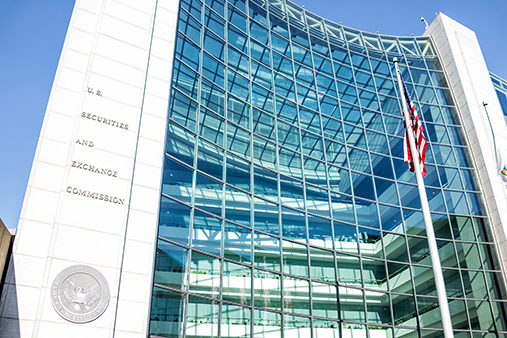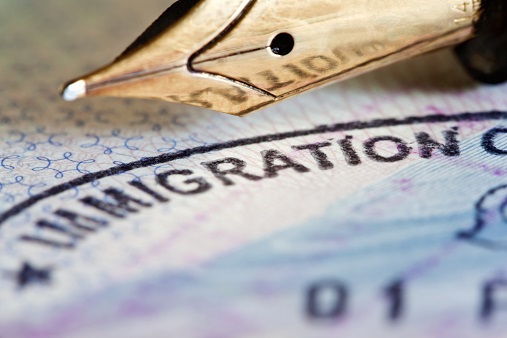In a highly anticipated decision authored by Supreme Court Justice Anthony Kennedy, Commil USA, LLC v. Cisco Systems, Inc., No. 13-896, the Supreme Court has ruled that a good faith belief of the invalidity of a patent cannot form the basis of a defense against induced infringement.
Commil sued Cisco in 2007 for direct infringement and induced infringement. A first trial on the inducement issue led to a finding of no liability. For reasons unrelated to the merits, the district court granted a new trial on the issue of inducement. In between the first and second trial, Cisco lost its bid at the Patent Office to have the patent invalidated on re-examination. During the second trial, the district court denied Cisco’s attempt to introduce evidence of its good faith belief that the patent was invalid. The Federal Circuit reversed this ruling on appeal, reasoning that because it is “‘axiomatic that one cannot infringe an invalid patent,’” “‘evidence of an accused inducer’s good faith belief of invalidity may negate the requisite intent for induced infringement.’” 720 F.3d 1361, 1368 (Fed. Cir. 2013), quoted in Slip. Op. at 4.
As an initial matter, the Supreme Court turned to its prior decision in Global-Tech Appliances, Inc. v. SEB S.A., 563 U.S. __ (2011), confirming that, in contrast to direct infringement, a claim of induced infringement (or contributory infringement) carries with it a scienter requirement. Slip Op. at 6-7. That is, “‘to induce infringement a defendant must know the acts constitute patent infringement.’” Id. at 9.
In ruling that a good faith belief of the invalidity of a patent is not a defense to induced infringement, the Supreme Court reasoned that “infringement and invalidity are separate matters under patent law” and appear in different portions of the Patent Act. Id. at 10 (quotations omitted). Invalidity, moreover, is not a defense to patent infringement, but merely to liability. Id. at 11. Ruling otherwise would “conflate the issues of infringement and validity.” Id. at 10. It would also undermine the presumption of validity guaranteed every patent owner. Id. Resting on practical considerations, the Court concluded that to allow such a defense might render “litigation more burdensome for everyone involved,” encourage defendants to rely on the defense of invalidity rather than non-infringement, and further complicate the issues for the jury. Id. at 12.
Aware of an “‘industry . . . in which firms use patents not as a basis for producing and selling goods but, instead, primarily for obtaining licensing fees,’” the Court emphasized alternative means to guard against frivolous cases. Id. at 14. Dissenting Justice Antonin Scalia, joined by Chief Justice John Roberts, lamented the Court’s consideration of the practical reasons for avoiding the creation of a further defense against a statutory inducement claim. But, he added, “if the desirability of the rule we adopt were a proper consideration, it is by no means clear that the Court’s holding, which increases the in terrorem power of patent trolls, is preferable.” Id. at 3 (Scalia, J., dissenting). Justice Breyer took no part in the decision.
For more information, contact the Barnes & Thornburg attorney with whom you work or a member of the firm’s Intellectual Property Law Department in the following offices: Atlanta (404-846-1693), Chicago (312-357-1313), Columbus (614-628-0096), Delaware (302-300-3434) Elkhart (574-293-0681), Fort Wayne (260-423-9440), Grand Rapids (616-742-3930), Indianapolis (317-236-1313), Los Angeles (310-284-3880), Minneapolis (612-333-2111), South Bend (574-233-1171), Washington, D.C. (202-289-1313).
©2015 Barnes & Thornburg LLP. All Rights Reserved. This page, and all information on it, is proprietary and the property of Barnes & Thornburg LLP. It may not be reproduced, in any form, without the express written consent of Barnes & Thornburg LLP.
This Barnes & Thornburg LLP publication should not be construed as legal advice or legal opinion on any specific facts or circumstances. The contents are intended for general informational purposes only, and you are urged to consult your own lawyer on any specific legal questions you may have concerning your situation.
Visit us online at www.btlaw.com and follow us on Twitter @BTLawNews.









/Passle/6488d4630e7e25c9ac9f834a/SearchServiceImages/2024-08-22-21-09-42-814-66c7a9167c25ae3ecd362787.jpg)

/Passle/6488d4630e7e25c9ac9f834a/SearchServiceImages/2024-08-21-16-53-04-583-66c61b702c11c56cda8987a4.jpg)
